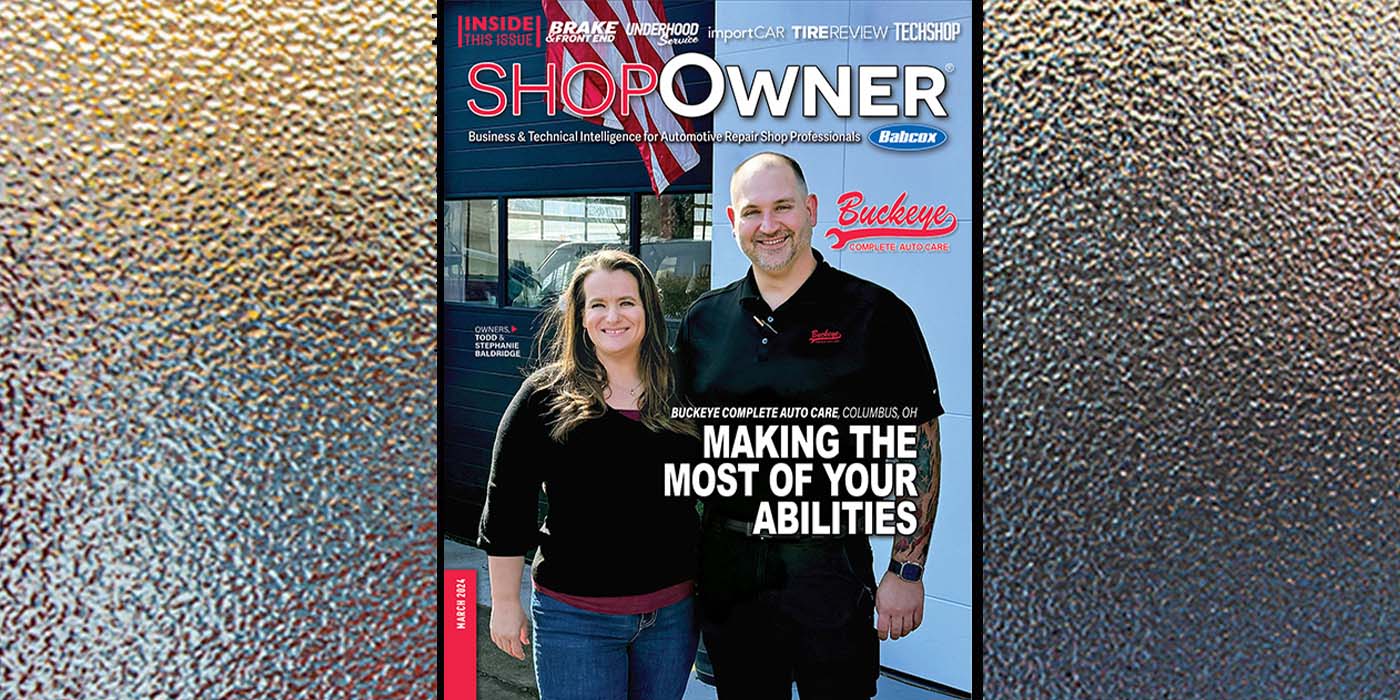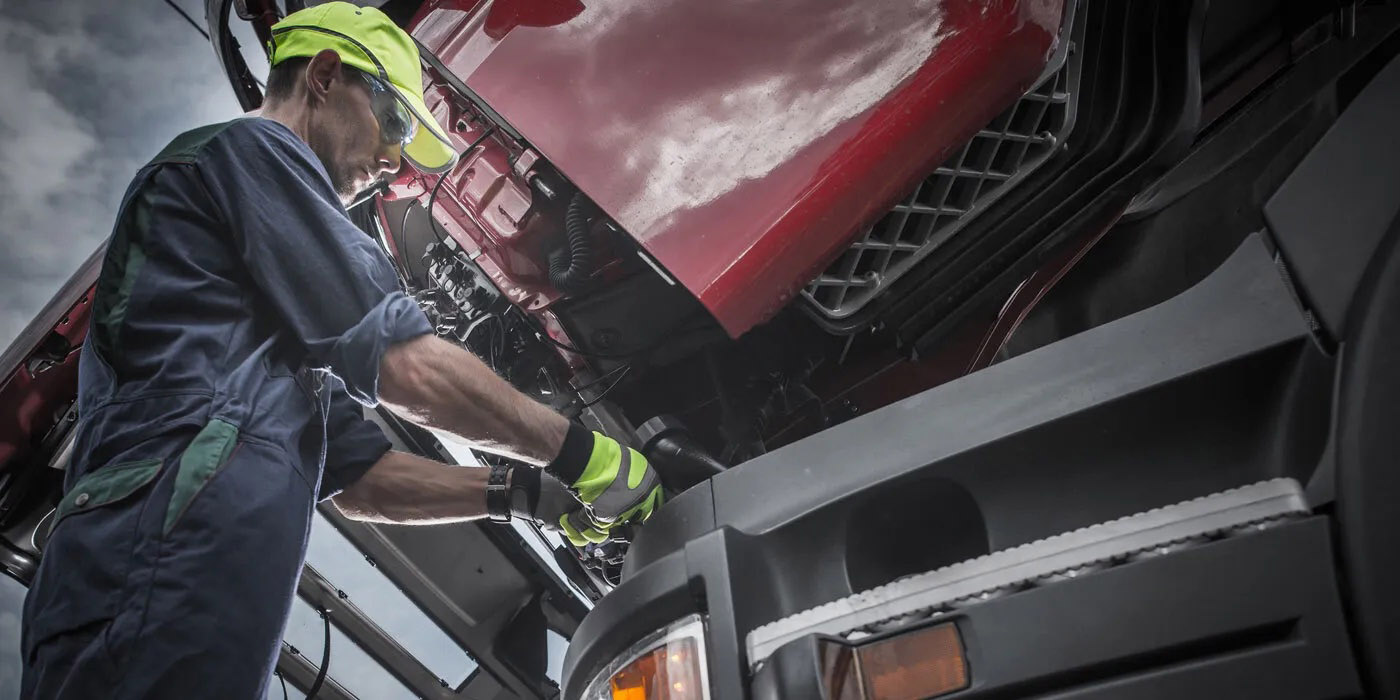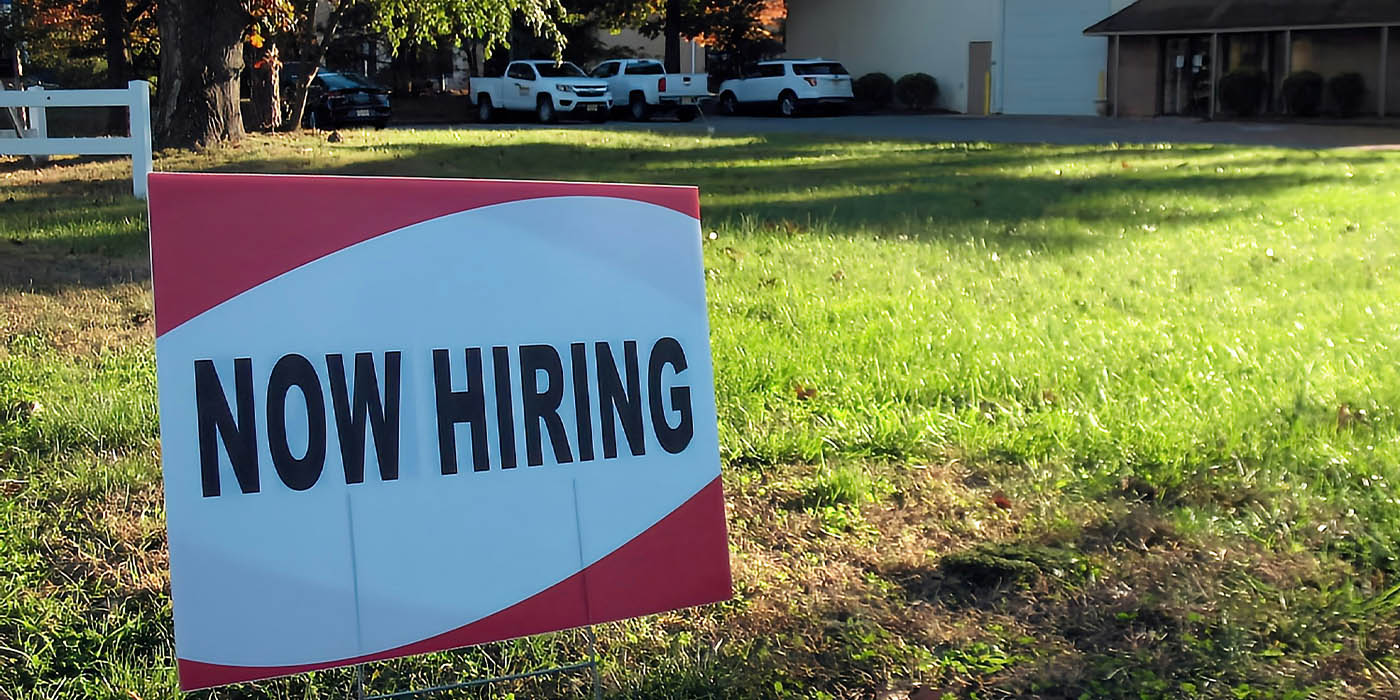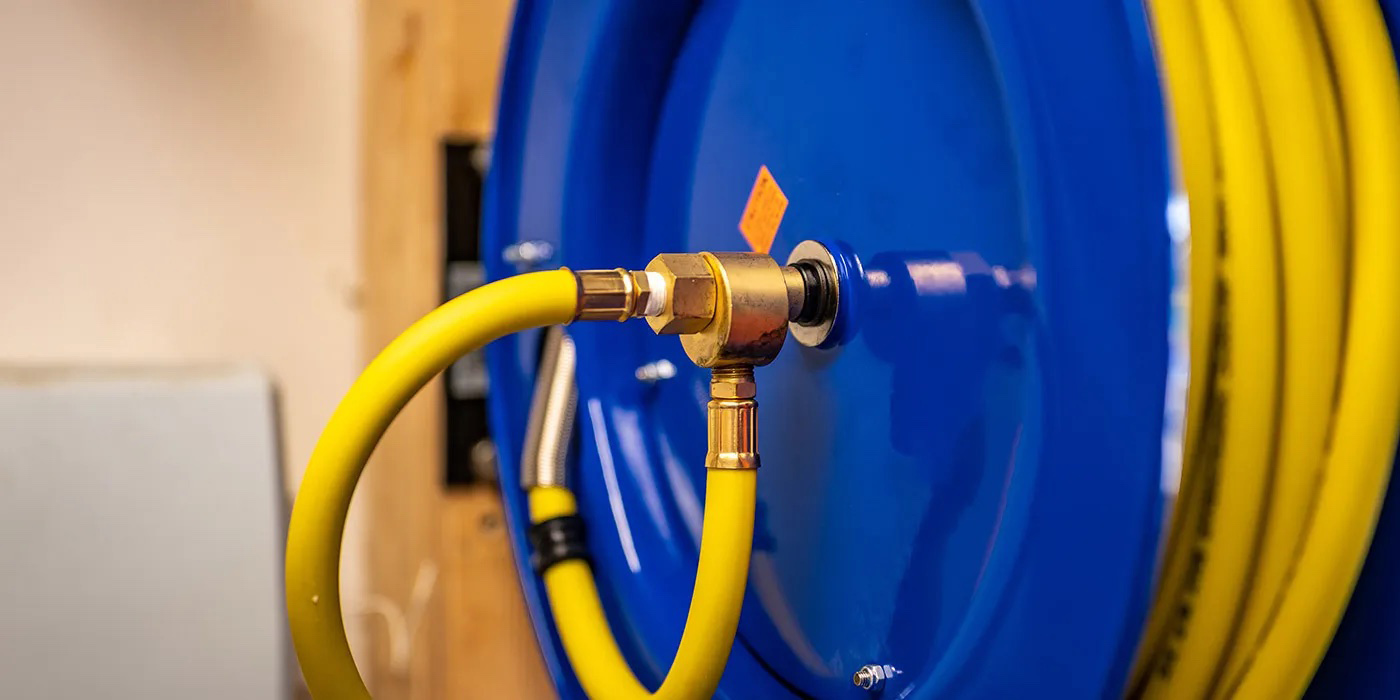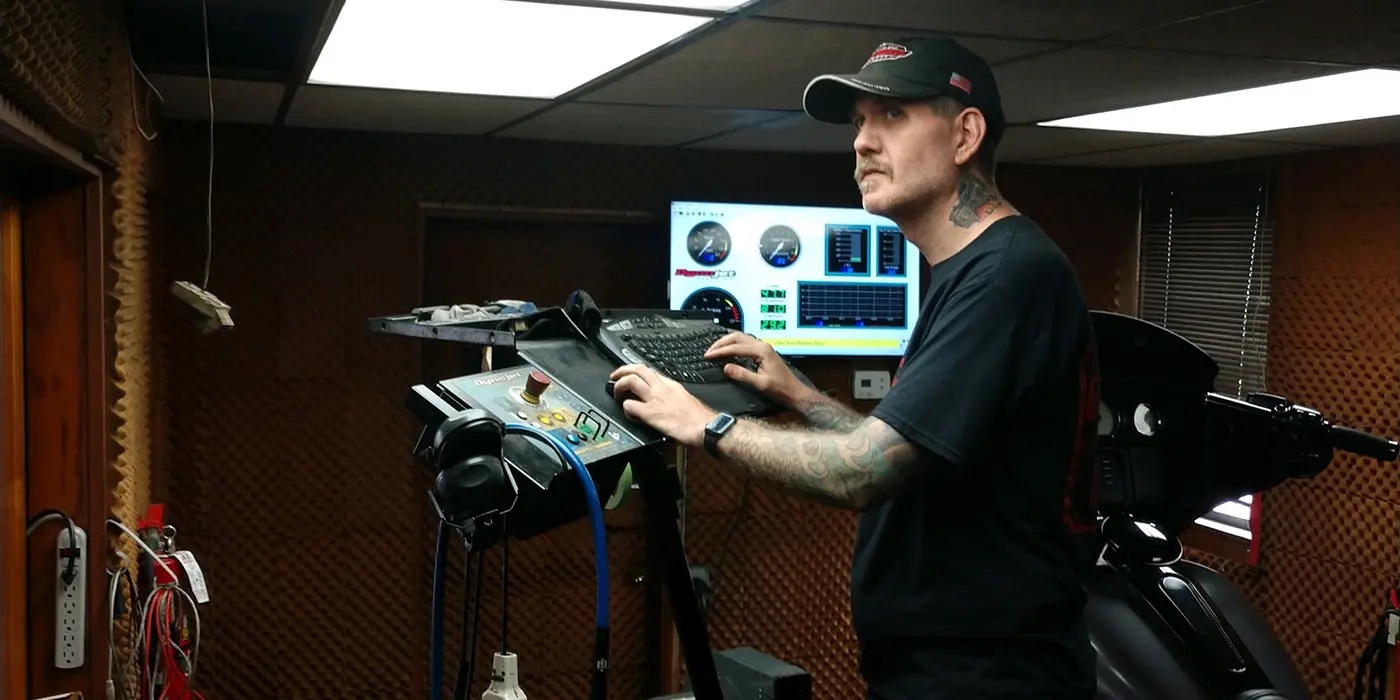By Joe Marconi
A women came to the shop a few weeks ago asking for a donation for her son’s baseball team. The woman has come to us for minor service work a few times, but she’s not one of our loyal regulars.
After we gave her the donation, she thanked us and made an appointment for her car. It had a check engine light on and “claimed” it was diagnosed at another shop. When she brought the car in for her appointment, my service manager explained to her that we needed to obtain certain information from the onboard computer and then discuss what tests would be needed to determine the cause of the problem. She was vehemently against paying any testing charges, stating that the car is already diagnosed and it needs a catalytic converter. She said, “Just put the catalytic converter in, no other charges.” When my service advisor asks why the other shop didn’t do the work, she said, “Your shop gave me a donation, so I wanted to show my appreciation and come to you.”
After a few rounds of trying to reason with the customer, against his better judgment, he agreed to just install the converter.
Well, guess what? Yes, the car is now back with the check engine light on again, and with the same code. My service manager at this point explained that this would have been avoided if we only followed our policies and procedures and properly tested and diagnosed the car. She stated, “I never told you NOT to diagnose the car, I just didn’t want to pay for the diagnostic charges again.”
No amount of reasoning would sink into this women’s brain, and we now have to start from scratch to see why the check engine light is on.
The lesson: Don’t let anyone sway you away from proper procedure or policy. In the end, WE were wrong and now we have to make it right. A lesson for all of us.
This article was contributed by Joe Marconi. Joe is one of the 1-on-1 business coaches who helps shop owners through the Elite Coaching Program, and is the co-founder of autoshopowner.com.

